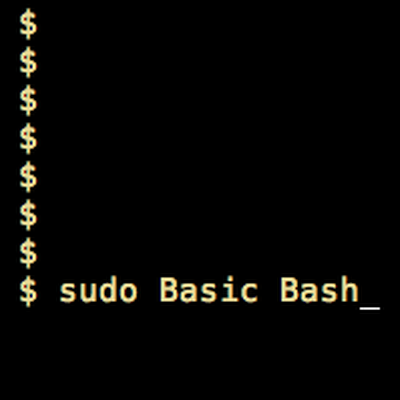

How to use the netstat command to find which process is listening on a port? ( example).VI Editor examples and tips for beginners ( example).Top 10 Courses to Learn Linux commands ( courses).Top 5 Bash Scripting course for Beginners ( bash courses).5 Example of kill commands in Unix and Linux ( example).
IF THEN BASH GREP CURL FREE
6 Free Online course to learn Bash ( free course).10 Example of tar commands in Unix ( example).My favorite Linux courses for beginners (Linux online courses).10 examples of the networking command in Unix ( example).Other UNIX command tutorials you may like to explore

You can even use them while troubleshooting issues. They are handy for host migrations and database migration. This command is very powerful and one of the useful tools to find out files referencing direct hostnames instead of aliases. That's all about how to search for matching text in all files in UNIX and Linux. Important Points to Remember about grep command in Linuxġ) The grep -r or -R option is used for recursive searchĢ) The grep -w is used for word search like it will match to the exact wordģ) The grep -i is used for ignoring case search e.g it will match to "Java", "JAVA", "javA" and other variants.Ĥ) The grep -include is used to search only for certain types of files.ĥ) The grep -exclude is used to exclude non-interesting files e.g., log files or. If you want to improve your Linux skills I suggest you go through these best Linux courses from Udemy and Pluralsight, which are quite comprehensive and practical.


$ grep -exclude= *.svn -iRw '/path/to/file/' -e "pattern"Īs I have said before, It's not just important to learn new commands but also new options of the command you are familiar with to make the most of Linux power. This command will exclude searching all the files ending with. You can even use the regular expression to provide for a more sophisticated search like the following command will search for specified text on. For example, the following command will only search for text in Java files: You can also use options like -exclude, -include, -exclude-dir, and -include-dir for more efficient and fast searching. Will search for exact "-Xms" text in all files, it is could to find the scripts where you are specifying your JVM arguments. If you also want to search for the entire word, instead of just matching a part of the text, then you cause add option -w, which matches the whole word like This will help you to learn more in a short time. then I suggest you first go through a basic course like Linux Command Line Basics on Udemy. The -R option will recursively search files in sub-directories starting from the current directory, and -i will search for the text you're provide ignoring the case.ītw, if you are not familiar with basic Linux commands like grep, find, chmod, etc. I frequently use the recursive grep command to search all files in different sub-directories for finding a reference to a specific text like any host or URL which is going to decommission and needs to be migrated: You can combine the recursive option with the ignore case option (-i) to find a specific text like hostname by ignoring the case in your config files and scripts. The grep command allows you to scan files to find any matching text and you can use the recursive option of grep command to find all files containing a reference to your old database hostnames, or a specific text in general. Anyway, how do you find all those files containing hostname in your Linux machine? Well, the grep command is here to help you. Well, you should always use an alias to connect to the database or any other system, but sometimes it happens you have to use a hostname. Now, you want to file all config files and scripts which are referencing your old database using the hostname or IP address, so that you can replace them with an alias. Hello guys, one of the most common tasks while working on programming projects is finding files containing some specific text like you have your application deployed in the Linux server, and you are migrating your database from one server to another.


 0 kommentar(er)
0 kommentar(er)
